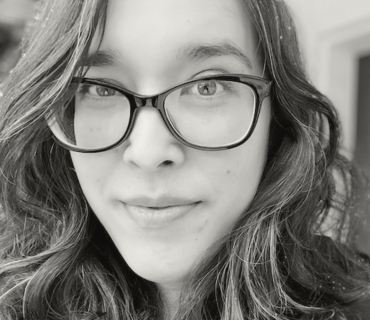
Full Story
It was these early exposures to the structural inequities in schools that eventually inspired me to turn my attention to inequities in teaching, learning, and education. Public K-12 computer science education is a unique place in which to engage inequities, not only because these inequities directly affect who has access to CS education, but also because CS, as a discipline, is creating and amplifying these inequities by shifting capital, power, and policy to the private, wealthy actors. We can’t make CS education more equitable without making education more equitable; we can’t make education more equitable without making CS more equitable. It’s a tightly wound knot that we desperately need to disentangle.
In my upcoming keynote at CSTA 2021 conference, I’m going to try to provide a map of inequities in CS education, from the classroom to Congress. I hope that by helping us see the many layers of interacting inequities, and broader systems of oppression from which they derive, we can each find a way to make change, helping CS education be for all, but also helping the things we make with CS be for all. I hope you’ll join me at the conference and the discussion afterward, and find a way to help!
